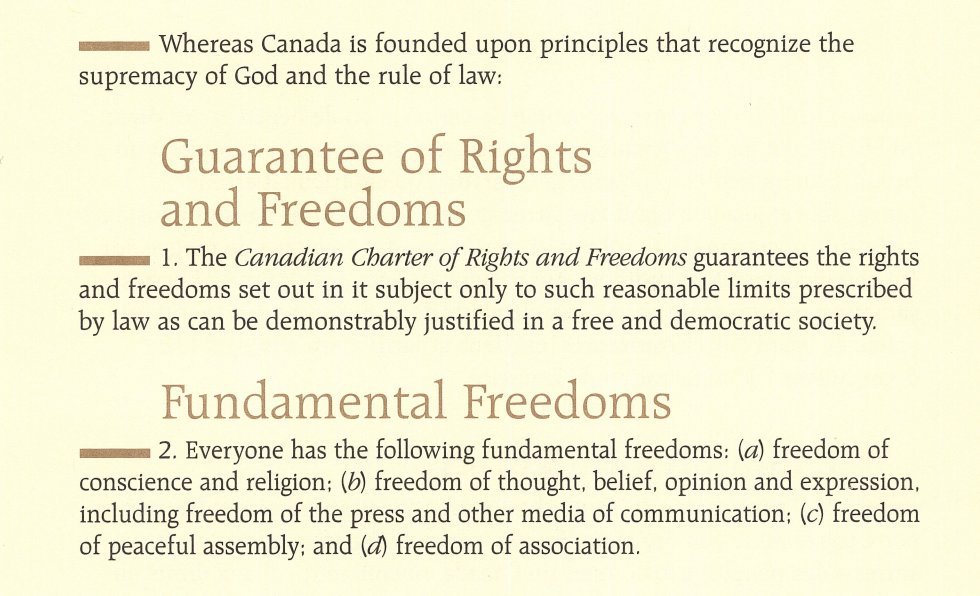RECKLESS WORDS PIERCE LIKE A SWORD – Proverbs 12:18
By Jean Jantzen
If anyone among you thinks he is religious, and does not bridle his tongue but deceives his own heart, this one’s religion is useless – James 1:26
 A tear ran silently down her cheek. She wanted to curl up in a little ball and disappear. “How could they say those things about me?” She knew in her heart they were not true. Still the accusations wounded her deeply. The words made her stomach bitter; they tumbled round and round in her head devastating, discouraging, and depressing her. Why wouldn’t the negative words go away and leave her alone? Why did the words trouble her, festering in her brain like a boil ready to blow? It was like a black cloud had engulfed her.
A tear ran silently down her cheek. She wanted to curl up in a little ball and disappear. “How could they say those things about me?” She knew in her heart they were not true. Still the accusations wounded her deeply. The words made her stomach bitter; they tumbled round and round in her head devastating, discouraging, and depressing her. Why wouldn’t the negative words go away and leave her alone? Why did the words trouble her, festering in her brain like a boil ready to blow? It was like a black cloud had engulfed her.
As brethren, the Apostle Paul shows us how our thought processes should work if we are tuned into God. Philippians 4:8:
And now, dear brothers and sisters, one final thing. Fix your thoughts on what is true, and honorable, and right, and pure, and lovely, and admirable. Think about things that are excellent and worthy of praise
The dictionary defines fix: To place securely; make stable or firm; to put into a stable or unalterable form; to correct or set right. To fix our thought patterns is much more difficult than we care to admit.
What we speak and think we are! If our thoughts were lovely, pure, right as Paul tells us they should be; why is it so easy to get caught up in judging others (especially loved ones) by saying negative, critical things to them or about them? When we speak, do we look at the good and positive traits that build the other person up? Or do we concentrate on (what we believe to be) the negative aspects and tear them down? It’s a sad thing that our human nature seems to draw us down, making us revel in picking people apart, telling them or others about their faults, idiosyncrasies and weaknesses. (Proverbs 18:7-9) We’ve all done it. It is something we need to fervently work on, for God says plainly:
But I tell you that men will have to give account on the Day of Judgment for every careless word they have spoken. For by your words you will be acquitted, and by your words you will be condemned – Matthew 12:36-37 NIV
The first thing we need to know is that a happy self confident person does not put others down. A person tuned into God does not put others down. Some reasons we fall into the negativity trap: (1) we are not focused on God; (2) we need to make ourselves feel like we’re in control or more powerful or to cover up our own insecurities; (3) we genuinely think we are helping them to grow by pointing out their faults. However, when we focus on other’s faults—we need to remember—one finger points to them…four fingers point back at us.
It’s a two-edged sword…we can be on the receiving or giving end of negativity. When we’ve been criticized or hurt, or treated badly, how do we handle it? It’s like driving a car and someone cuts you off. There are two ways to go. Get even or shrug it off? It depends on a learned response. Have we been relying on the Holy Spirit to guide us? If so we’d shrug it off and move on. We wouldn’t get caught up in the negative moment. The same rule applies to us when loved ones say hurtful things.
We should ask ourselves, where does negativity come from? None of us are immune to this dark side of our human nature. The Apostle Paul, years after his conversion, describes his own battle:
I don’t really understand myself, for I want to do what is right, but I don’t do it. Instead, I do what I hate…But if I know that what I am doing is wrong, this shows that I agree that the law is good. So I am not the one doing wrong; it is sin living in me that does it. And I know that nothing good lives in me, that is, in my sinful nature. I want to do what is right, but I can’t. I want to do what is good, but I don’t. I don’t want to do what is wrong, but I do it anyway. But if I do what I don’t want to do, I am not really the one doing wrong; it is sin living in me that does it. I have discovered this principle of life—that when I want to do what is right, I inevitably do what is wrong. I love God’s law with all my heart. But there is another power within me that is at war with my mind. This power makes me a slave to the sin that is still within me. Oh, what a miserable person I am! Who will free me from this life that is dominated by sin and death? – Romans 7:15-24 NLT
If it is you that is on the receiving end you can respond by saying: “That’s very generous of you but I can’t accept that.’ With this comment, it’s a reminder to people how powerful their words are and that they should be more aware of what they’re saying. Words can be used for good or evil and people tend to forget how damaging their words can be… It’s also a reminder to you that it’s their anger not yours. You don’t need to take on someone else’s burden. They need to deal with their anger {and negativity}. They may want you to accept their hatred and anger as your own, but it’s really a “gift” that you don’t need” (How to Deal with People Who Put You Down by Catherine Pratt).
Just because we are called into the body of Christ, doesn’t mean our human nature has magically gone away. As long as we are in this physical body we need the Holy Spirit to intervene and help us fight against this downward pull. The key is that we acknowledge what we are doing, what we are saying…that we become aware of whether we talk negative or positive as well as how we respond to other’s negativity. It’s an ongoing battle and we have to win. Paul says we can win with Christ’s help.
We should concentrate and focus on our own weaknesses and work on them. That is a full time job. Forget other’s weaknesses. Remember we are to be encouraging, not discouraging to weaker brethren. Choose to follow God’s example of being positive, uplifting, constructive toward our brethren and family, otherwise it’s Satan we follow whose example is one of negativity, tearing down and ultimately ends in destruction.
King David tells us how a Christian should live:
He who walks and lives uprightly and blamelessly, who works rightness and justice and speaks and thinks the truth in his heart, He who does not slander with his tongue, nor does evil to his friend, nor takes up a reproach against his neighbor; In whose eyes a vile person is despised, but he who honors those who fear the Lord (who revere and worship Him); who swears to his own hurt and does not change… – Psalm 15:2-4








